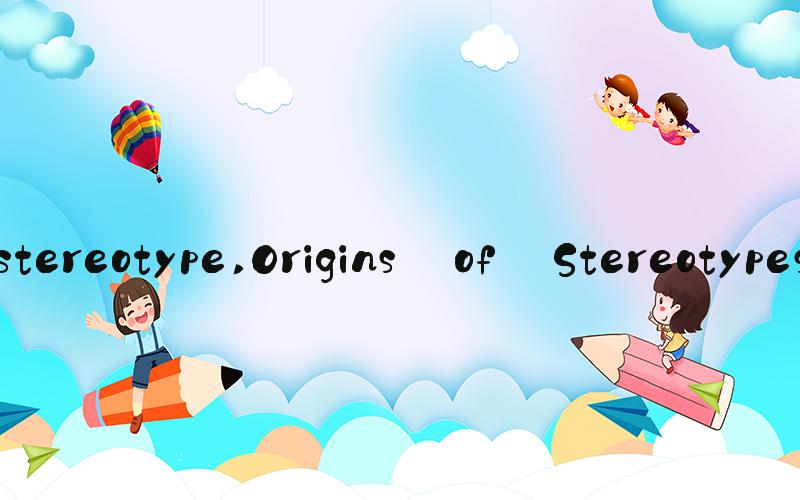
Stereotype
Have you ever been judged or treated unfairly because of your race, gender, sexual orientation, or any other personal characteristic? This is called a stereotype. Stereotypes are preconceived ideas or beliefs about a group of people that are not necessarily true. They can be harmful and cause discrimination, prejudice, and inequality.
Origins of Stereotypes
Stereotypes have been around for centuries and are often formed due to cultural, historical, or social factors. For example, in the past, African-Americans were often believed to be inferior to white people because of the color of their skin. This idea was perpetuated through slavery, discrimination, and segregation. Similarly, women were often seen as weak and submissive, which originated from traditional gender roles in society. While some stereotypes are based on facts, many are not and can be harmful to individuals and groups as a whole.
The Impact of Stereotyping
Stereotyping can have a negative impact on individuals and society. For example, if someone is stereotyped as lazy or unintelligent, they may be less likely to receive job opportunities, promotions, or other opportunities. Stereotyping can also lead to discrimination, harassment, and hate crimes. Furthermore, stereotypes can limit our understanding and appreciation of diverse cultures and perspectives, leading to a narrow world view.
Combating Stereotyping
Combatting stereotypes requires awareness, education, and open-mindedness. It is important to recognize the harm that stereotypes can cause and actively work to challenge them. This can be achieved through exposure to diverse cultures and experiences, as well as through education and open dialogue. We also need to be mindful of the media we consume, as stereotypes are often perpetuated through media representation. By promoting equality and respect for all individuals and groups, we can work together to combat stereotypes and create a more equitable society.
Conclusion
Stereotyping is a harmful and pervasive issue in society that can lead to prejudice, discrimination, and inequality. It is important for us to recognize the origins, impact, and consequences of stereotypes and actively work to combat them through education, awareness, and open-mindedness. By promoting diversity and respect for all individuals and groups, we can create a more equitable and inclusive society for all.

